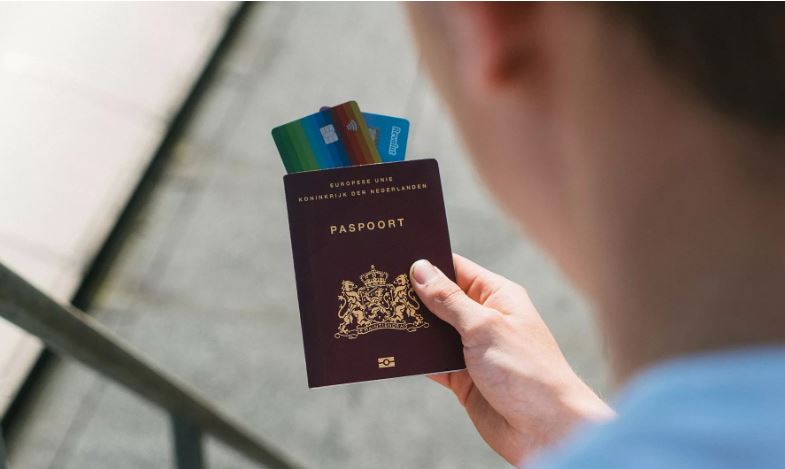As we step into the new year, the United Kingdom is setting a new precedent in immigration and tourism policies….
 By: natasha / March 7, 2024
By: natasha / March 7, 2024

By Rebecca Ann Hughes, Published on 20/01/2024 for euronews.travel
Bulgaria and Romania will be part of the Schengen area from 31 March.
As of 31 March this year, Romania and Bulgaria will join the Schengen zone, which allows free movement between member states for 400 million citizens.
The two countries have been members of the European Union (EU) since 2007 but as they were not part of the border-free area, travellers were still required to show passports upon entry.
In 2024, border controls for the two countries will be simplified.
Here’s what travellers to Romania and Bulgaria need to know about the changes.
When Romania and Bulgaria join the Schengen zone this year, it will be easier for travellers to visit the two countries.
The two interior ministries announced in December that some border checks will be lifted.
Travellers arriving by air or sea from other Schengen zone countries will no longer have to show passports upon arrival. This means passengers on flights, cruises and ferries will not be subject to checks.
If you are driving or arriving by train or bus into Romania and Bulgaria, however, you will still need to carry ID as rules governing land borders have not yet been established. This is due to a veto exercised by Austria.
“A new decision will have to be taken in order to set a date for the lifting of controls at land borders,” the European Council states on its website.
The latest country to join the Schengen zone was Croatia in 2022.
Every year, 1.25 billion trips take place within this area and 3.5 million people cross the borders of its member countries every day.
Not counting Romania and Bulgaria, the Schengen zone comprises 27 states. Twenty-three belong to the EU and four are associated states of the European Free Trade Association: Norway, Iceland, Switzerland and Liechtenstein.
The Schengen Area was created in 1995 following the signing of the Schengen Agreement 10 years earlier between five member states of the European Economic Community: Germany, Belgium, France, Luxembourg and the Netherlands.
Several other agreements followed until the 2007 enlargement, integrating nine additional countries into the free movement area.
Travellers without EU citizenship are advised to remember that stays in Bulgaria and Romania count towards time spent in the Schengen zone, which cannot be longer than 90 days in 180 days.
As we step into the new year, the United Kingdom is setting a new precedent in immigration and tourism policies….
Starting April 2025, U.S. visa applicants must ensure barcode accuracy on their DS-160 form and submit supporting documents 72 hours…
When traveling to the United States or Canada with a layover in a Schengen country, it’s essential to be aware…
Thailand is set to launch a new Electronic Travel Authorization (ETA) system for visa-exempt travelers. Starting from December 2024, visitors…
Nationals of South Africa are entitled to visa exemption for the purpose of tourism business engagements or urgent work or…
Nationals of Botswana and South Africa will be required to obtain a visa before travelling to Ireland from Wednesday, Minister…
https://www.travelnews.co.za/article/el-al-stops-all-sa-flights
Copyright © 2022. Designed by WordPressRiver
Leave a Comment